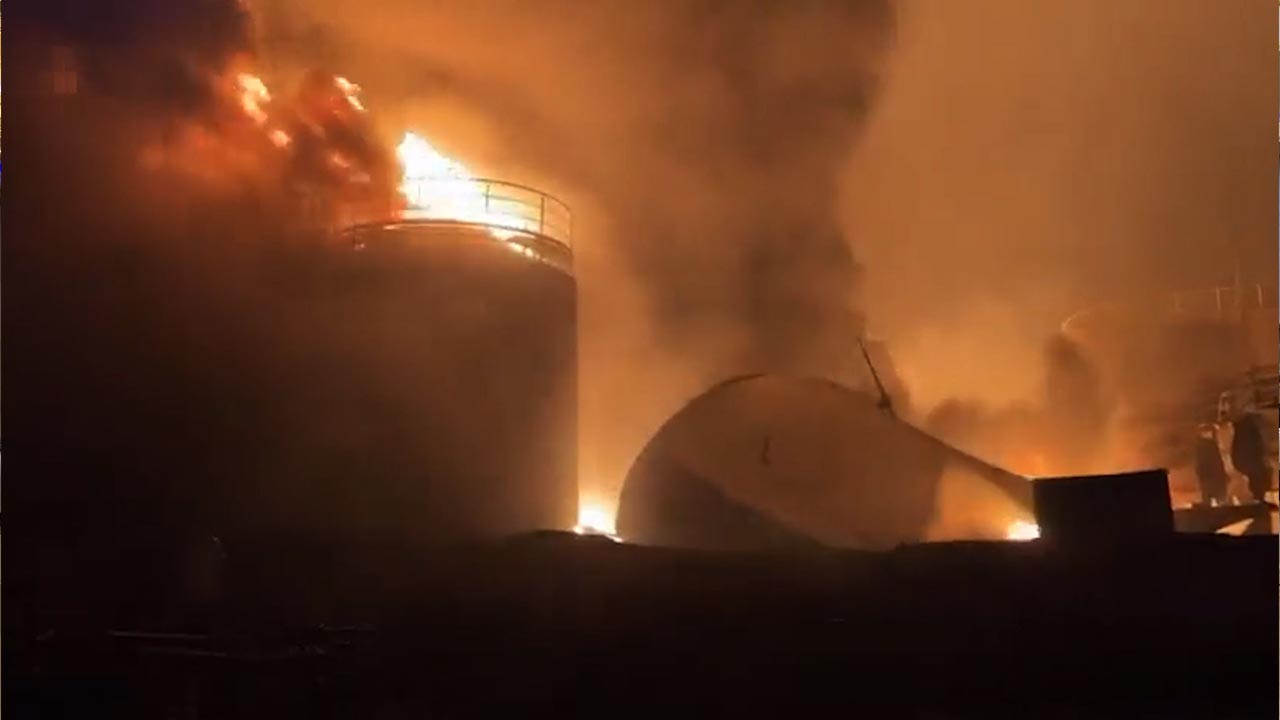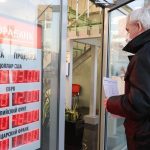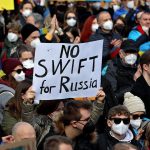John Mearsheimer, the founder of offensive realism — a subdivision of the neorealism/structural realism school of thought within international relations theory — argued in his 2014 Foreign Affairs article on the Ukraine crisis that the prevailing Western view of Russian action is of aggression. However, he instead positioned Russia’s actions as a response to the security threat posed by NATO enlargement, which is the central element of a perceived larger strategy to move Ukraine out of Russia’s orbit and integrate it into the West. I believe this view is central to understanding not solely the Ukraine crisis in 2014, but also Russia’s decision to last week launch a full-scale invasion of Ukraine by land, air and sea — the biggest attack by one state against another in Europe since the Second World War.
I build on Mearsheimer’s analytical framework and his explanations of the drivers of Russia’s policy, applying a realist approach. That said, it appears to me that leaning on a neoclassical realist view can instead be more accurate for explaining Russia’s policies in the Middle East. Neoclassical realism is often viewed as a “necessary extension of structural realism (neorealism).” The key difference is that neoclassical realism draws its theoretical foundations from “Innenpolitik” (domestic policy) theories that emphasize domestic factors’ influence on foreign policy. Consideration of domestic factors is very important in Russia’s policies, particularly the domestic factor of leadership. Neoclassical realists hold that foreign policy is driven by political elites and leaders, so it is another fundamental element in understanding Russia’s grand strategy.
In the leadership view, the Russia-Ukraine conflict is rooted in the perceived injustices of the post-Cold War settlement and the Western unipolar world order. It was commenced mainly by the Treaty on the Final Settlement with Respect to Germany, which was signed by Soviet leader Mikhail Gorbachev in September 1990. According to this treaty, which facilitated German reunification, foreign troops were prohibited in the former East Germany, which led to an understanding in Moscow that NATO troops would not be deployed to other countries further east.
Further, the first president of Russia, Boris Yeltsin, in May 1997 signed the NATO-Russia Founding Act in exchange for a variety of economic inducements, leading to the alliance enlarging in Central and Eastern Europe and the Baltic states. And the Bucharest Summit Declaration in 2008, which welcomed Ukraine and Georgia’s wish for NATO membership, particularly alarmed Russia’s leadership.
Other events followed: The Russo-Georgian war in August 2008 and the aforementioned events in Ukraine in 2014, with Russia’s annexation of Crimea and tensions in the Donbas region of eastern Ukraine, including Donetsk and Luhansk, which were recently recognized by Moscow as independent territories. These are the main threats to security in the eyes of the current leadership.
Vladimir Putin has referred to the collapse of the Soviet Union as “the greatest geopolitical catastrophe” of the 20th century and, in 2018, he noted that he would choose to reverse this collapse if he had one chance to alter modern Russian history. Arguably, this reflects the core of his vision and the country’s course, which he expressed in his famous speech at the Munich Security Conference in 2007, when he stated that unipolarity is impossible in today’s world and that such a model of international relations “itself is flawed.” The restoration of the Soviet past and rebuilding of the world order seems the central tenet in this view.
What is clear is that world politics is moving toward extremely challenging times.
Dr. Diana Galeeva
The Ukraine-Russia war has already divided the Middle East. For example, Turkish President Recep Tayyip Erdogan has denounced Russia’s invasion as a “heavy blow” to regional peace. Erdogan, the wild card of NATO diplomacy, offered to mediate between Ukraine and Russia at the beginning of February. Turkey is a NATO member but it has been criticized for its decision to buy the Russian-made S-400 air defense system. At the same time, Putin criticized Turkey last year after it sold its Bayraktar TB2 drones to the Ukrainian army.
Iran, meanwhile, has urged “restraint” from both Russia and Ukraine and blames the US and NATO for the sharp escalation in tensions. And Ukrainian President Volodymyr Zelensky tweeted on Thursday that: “I continue negotiations with the leaders. Received support from the Emir of Qatar @TamimBinHamad.” On Saturday, the UAE, which last month took its seat on the UN Security Council for the first time since 1986, abstained on a US-backed UNSC resolution that opposed the Russian military operation against Ukraine and called for immediate de-escalation and a cessation of hostilities.
While it is unclear at this stage to what extent the Russia-Ukraine war will impact energy prices, food security and, potentially, tourism in the Middle East, what is clear is that world politics is moving toward extremely challenging times. This looks certain to change balances of power globally — either the superiority of the world order led by the West or the sharing of such dominance with other powers, such as Russia. Not least, alignments, competition and relative power stand to be affected at the regional level.
By: Dr. Diana Galeeva – an Academic Visitor to St. Antony’s College, Oxford University. Dr. Galeeva is the author of two books: “Qatar: The Practice of Rented Power” (Routledge, 2022) and “Russia and the GCC: The Case of Tatarstan’s Paradiplomacy” (I.B. Tauris/Bloomsbury, 2022). She is also a co-editor of the collection “Post-Brexit Europe and UK: Policy Challenges Towards Iran and the GCC States” (Palgrave Macmillan, 2021).
Source: Arab News
***Show us some LOVE by sharing it!***



